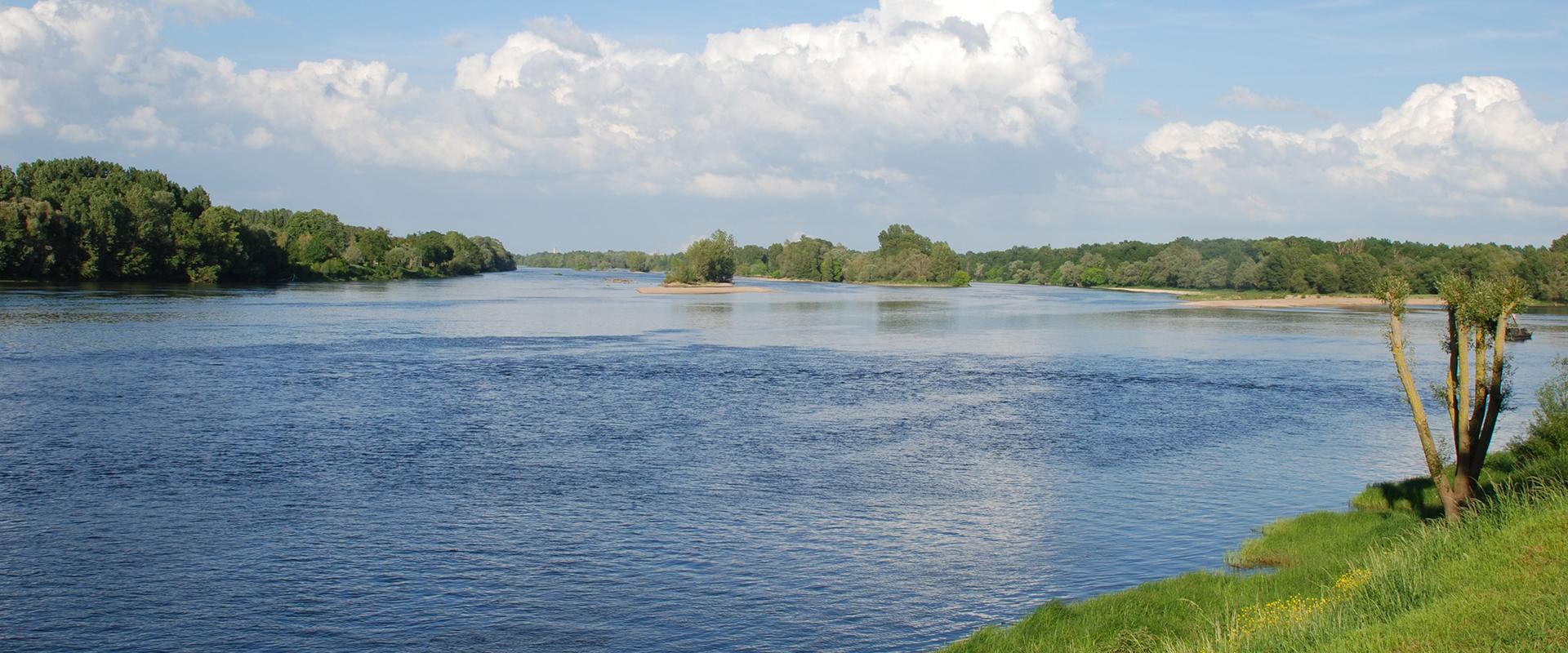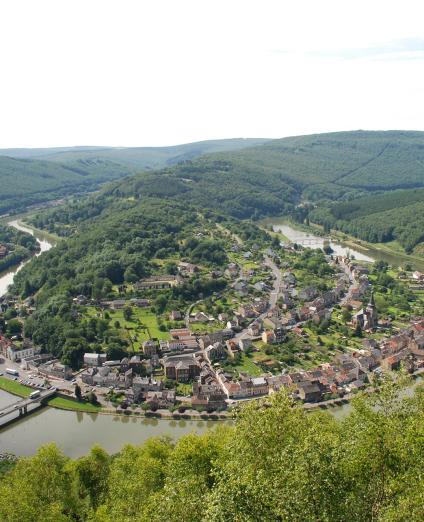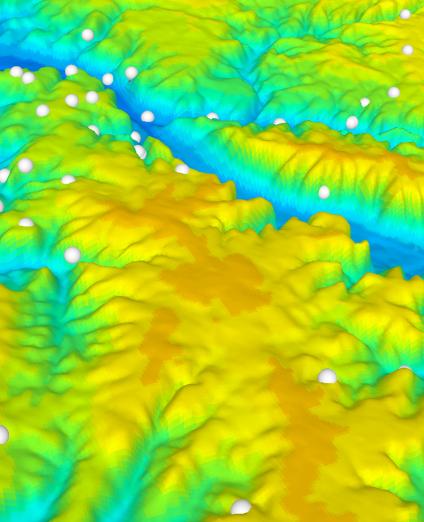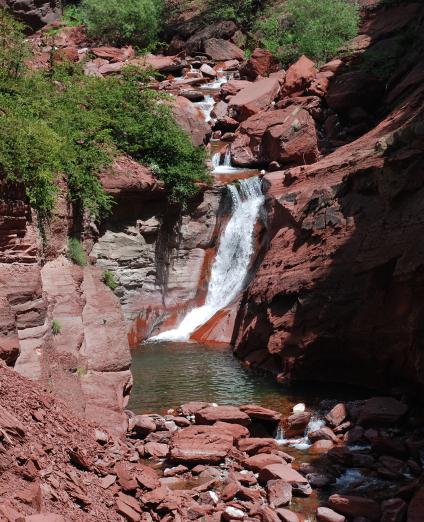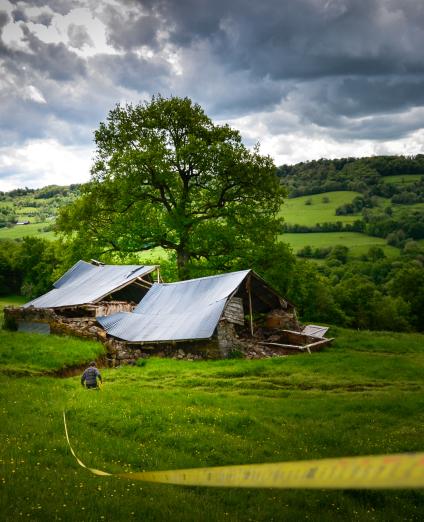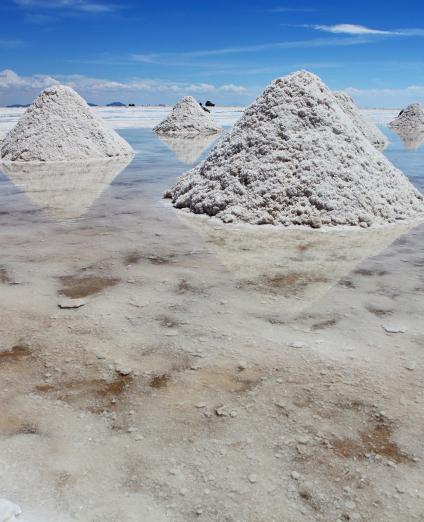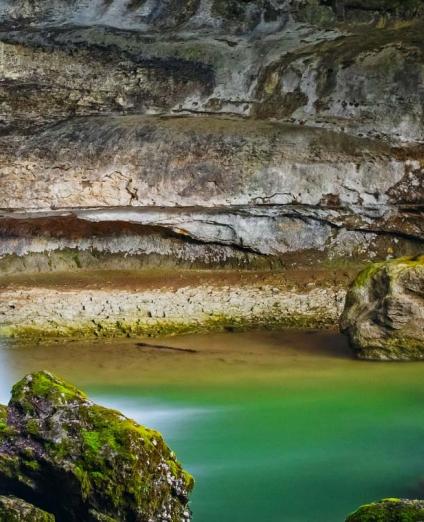As a public institution for research and expert studies, BRGM contributes to the dialogue between science and society in its different fields.
Establishing a dialogue with civil society representatives in the French regions
BRGM's regional representatives organise meetings with representatives of civil society groups to discuss regional environmental questions relating to BRGM's areas of expertise and on which papers and articles have been published.
These meetings provide opportunities for open and constructive discussions. They stimulate exchanges of knowledge - or of knowledge "gaps” - questions from all parties and the expression of their expectations, while observing the ethical principles that guarantee transparency and trust and preserve the independent judgement of all concerned.
Summary of the meeting held at Orléans on 3 October 2016
Topic on the agenda
Hydrogeological functioning in the Val d'Orléans region: karstic context and related natural hazards.
Date and venue
Monday 3 October 2016 at BRGM's Centre-Val de Loire Regional Division in Orléans (45).
Agenda
- Presentation of the work of the Centre-Val de Loire Regional Division on hydrogeological functioning in the Val d'Orléans.
- Round table on participants’ expectations
- Discussion on the topic and related challenges for the region.
Participants
15 participants, from the following organisations:
- Association syndicale Rivière du Loiret;
- Loiret Nature Environnement (LNE);
- Action Science Jargeau;
- Maison de Loire du Loiret;
- France Nature Environnement (FNE) for the Centre-Val de Loire region;
- Société Hydrotechnique de France (SHF);
- Association Mardiéval.
Participants' expectations and questions, discussions
Floods in June 2016 due to bad weather: has BRGM carried out studies on flood risks?
BRGM conducted expert studies for the relevant government agencies and Cofiroute to determine the cause of the floods and provide technical/scientific advice on the ensuing subsidence phenomena.
Has the impact of oil pollution been studied?
Water catchments are generally deep, which protects them from this type of pollution. The Regional Health Agency (ARS), which is in charge of these problems, has been asked by the relevant government agencies to implement specific surveillance.
Did BRGM intervene on the Loing floods?
Yes, through its Île-de-France Regional Division.
Were any documents released? What follow-up was provided with the associations?
Several BRGM expert reports were written and published on the flooding phenomenon and related subsidence, particularly in the Gidy and Chécy sectors.
Is BRGM independent or is it aligned with the public authorities?
BRGM is a public institution for research and independent expertise. It has just adopted an ethics charter to reinforce its independence and professionalism.

